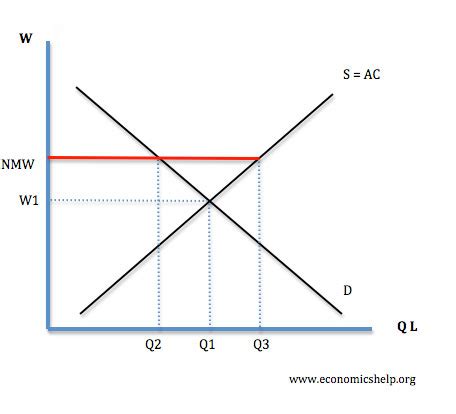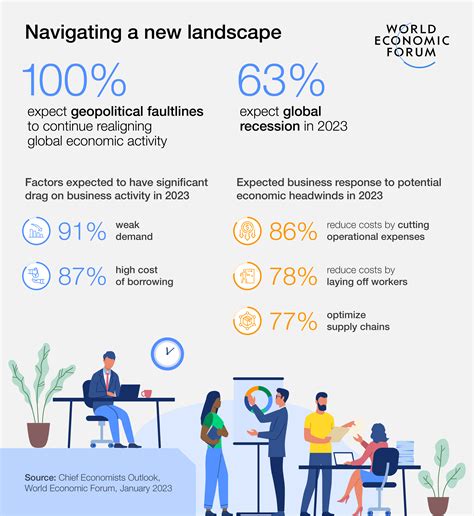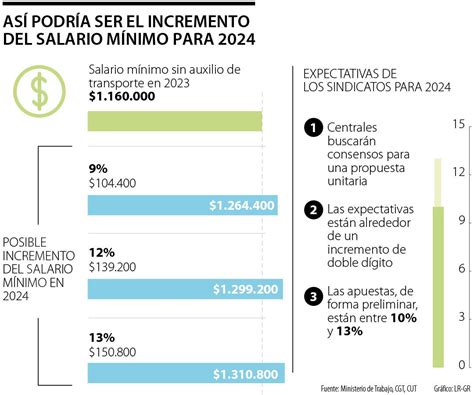For anyone starting their career, entering the formal workforce, or evaluating the economic landscape in Colombia, the national minimum wage is a critical benchmark. It represents the legal baseline for compensation and serves as a foundational element for the country's labor market. In 2024, the minimum wage saw a significant adjustment, reflecting ongoing economic factors. This article breaks down the official 2024 figure, explains what it includes, and explores the key factors that empower professionals to earn significantly more.
What is the 'Salario Mínimo' and Who Earns It?

The "Salario Mínimo Mensual Legal Vigente" (SMMLV) is the legally mandated minimum amount a formal employer in Colombia must pay a full-time employee for a month's work. This figure is established annually through a process of negotiation between the government, labor unions, and business associations.
It's not a career in itself but rather a starting point for millions of workers. Those earning the minimum wage often hold entry-level positions across various sectors, including:
- Retail (cashiers, stock clerks)
- Hospitality (cleaning staff, kitchen assistants)
- Agriculture
- Manufacturing (general laborers)
- General administrative support
The SMMLV is crucial as it acts as a floor, ensuring a basic level of income for the most vulnerable in the formal workforce and influencing the wage scale for many other jobs.
The Official Minimum Wage in Colombia for 2024

Following deliberations at the end of 2023, the Colombian government mandated a significant increase to support workers' purchasing power.
As of 2024, the official monthly minimum wage in Colombia is:
- Base Salary (Salario): COP $1,300,000
- Transportation Subsidy (Auxilio de Transporte): COP $162,000 (This is a legally required, non-salary payment for employees earning up to two times the minimum wage to help cover commuting costs).
- Total Minimum Monthly Compensation: COP $1,462,000
Source: Colombian Ministry of Labor (Ministerio del Trabajo de Colombia), Decree 2292 of 2023.
This represents a 12% increase in the base salary and a 15% increase in the transportation subsidy compared to 2023. For international context, at an exchange rate of approximately COP 3,900 to USD $1, this total compensation is around USD $375 per month. (Note: Exchange rates fluctuate daily).
Key Factors That Influence Earnings Beyond the Minimum Wage

While the SMMLV provides a baseline, it is not the ceiling. For career-minded individuals, several factors are critical in unlocking higher earning potential. This is how you move from the minimum wage to a competitive professional salary.
###
Level of Education
Education is arguably the most powerful lever for increasing income in Colombia. While a high school diploma may secure a minimum wage job, post-secondary education opens the door to significantly higher pay scales.
- Technical Degrees (Técnico/Tecnólogo): Graduates from institutions like SENA or other technical colleges often start at 1.5x to 2.5x the minimum wage, especially in high-demand fields like software development, industrial maintenance, or accounting.
- University Degrees (Profesional): A bachelor's degree is the standard for most professional roles. According to data from salary aggregator Payscale, the average salary for a professional in Bogotá with a bachelor's degree is substantially higher than the minimum wage, often ranging from COP 3,000,000 to COP 5,000,000 per month depending on the field.
- Postgraduate Degrees (Especialización/Maestría): A master's degree or a specialization can dramatically increase earning potential, particularly in fields like finance, engineering, and management, often leading to salaries exceeding COP 7,000,000 or more.
###
Years of Experience
Experience is highly valued. An entry-level employee may start near the minimum wage, but with demonstrated skill and a proven track record, salary growth is expected.
- Entry-Level (0-2 years): Often starts at or slightly above the minimum wage, depending on the industry and level of education.
- Mid-Career (3-8 years): Professionals with relevant experience can expect to earn several multiples of the minimum wage as they take on more responsibility.
- Senior/Lead Level (8+ years): Senior professionals and managers are in a position to command top-tier salaries, often driven by performance, leadership, and strategic impact.
###
Geographic Location
Where you work in Colombia has a major impact on both salaries and the cost of living. Major economic hubs offer higher wages but also come with higher expenses.
- Major Cities (Bogotá, Medellín, Cali): These cities concentrate the majority of corporate headquarters and high-paying jobs in sectors like technology, finance, and professional services. Average salaries here are significantly higher than the national average.
- Intermediate Cities (Barranquilla, Cartagena, Bucaramanga): These cities have growing economies and offer competitive salaries, though often slightly lower than in Bogotá or Medellín.
- Rural Areas: Wages in rural and smaller towns are typically lower and more closely aligned with the national minimum wage, reflecting a lower cost of living and a different economic structure focused on agriculture or small-scale commerce.
###
Company Type
The type and size of the company you work for is a critical factor.
- Multinational Corporations: These companies generally offer the highest salaries and most comprehensive benefits packages. They often benchmark their pay scales against regional or global standards, not just the local minimum wage.
- Large National Companies: Well-established Colombian companies also offer competitive salaries well above the minimum wage to attract top talent.
- Small and Medium-Sized Enterprises (SMEs / PYMEs): Compensation can vary widely. While some innovative startups may offer competitive pay, many SMEs have tighter budgets and may offer salaries closer to the legal minimum, especially for non-specialized roles.
###
Area of Specialization
In today's economy, specialized skills are in high demand and command a premium.
- Technology: Professionals in software development, data science, cybersecurity, and cloud computing are among the highest earners in Colombia.
- Finance and Banking: Roles in investment banking, financial analysis, and risk management are traditionally high-paying.
- Engineering: Specializations in petroleum, chemical, and electrical engineering are highly valued, particularly in the energy and construction sectors.
- Bilingualism (English): Proficiency in English is a massive advantage. According to various professional reports, a bilingual professional in Colombia can earn 30% to 50% more than their monolingual peers in the same role.
Job Outlook and the Economic Context

The annual adjustment of the minimum wage is closely tied to Colombia's economic outlook, particularly inflation. The primary goal of the 20
